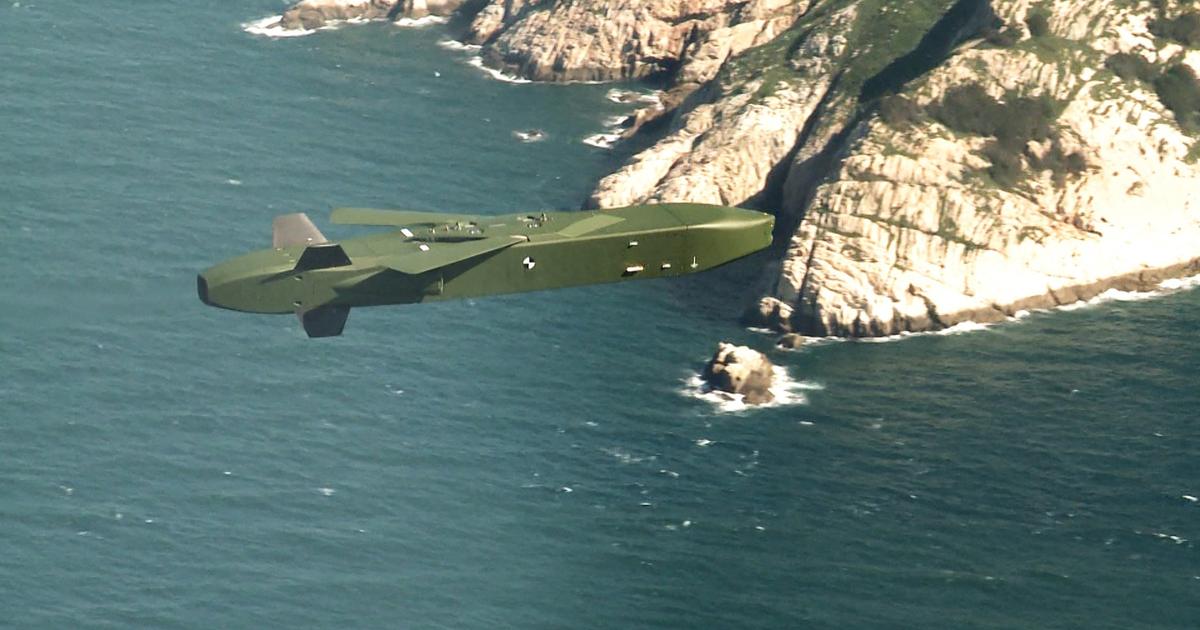In recent days, Ukraine has received both good and bad news from its allies.
During his press conference on Tuesday January 16, French President Emmanuel Macron announced the sending of 40 new Scalp missiles to kyiv.
But the next day, the German Parliament voted against a resolution to deliver a similar weapon, the German-Swedish Taurus long-range missile.
The Bundestag even largely rejected this motion brought by the CDU/CSU group, by 485 votes against, 178 votes for and three abstentions.
To discover
Follow information on the war in Ukraine with the Figaro application
This vote was above all symbolic.
If adopted, the final decision would have fallen to Chancellor Olaf Scholz, who already refused last October to deliver this type of missile for the moment.
But it illustrates Germany's complex posture.
The country represents one of Ukraine's most important supporters since the start of the war, but still refuses to deliver long-range weapons, while France (Scalp), the United Kingdom (Storm Shadow) and the United States -United States (ATACMS) recently took the plunge.
Also read: In the hands of the Ukrainians, cruise missiles prove to be lethal and effective.
What will the Germans do now?
“ Extremely complex
”
machines
The Taurus, used by Germany, South Korea and Spain, is one of the German Air Force's most modern missiles.
Carried on a combat aircraft, it weighs 1.5 tonnes, including 400 kg of payload and has a range of more than 500 km (compared to 400 for the Scalp and Storm Shadow).
Fired from Ukraine's northeastern border, it could in theory reach Moscow's suburbs.
This is the distance that Ukrainian drones cover today, but they can only carry a maximum of around ten kilos of explosives.
In addition to its range, the immense advantage of the Taurus lies in its guidance, which does not rely on GPS, and thus becomes less detectable for Russian anti-aircraft defenses.
But the sensors with which it is equipped to orient itself require programming that cannot be improvised.
Last September, German Defense Minister Boris Pistorius justified the government's reluctance by explaining that “
these are extremely complex devices
”.
“
It’s not like it’s a matter of programming a simple coffee maker
,” he said.
Also read: Why the secret document from the German general staff on a NATO-Russia clash is nothing alarming
Divisions within the coalition
However, the rejection of this non-binding resolution is not based on technical characteristics, but on purely political considerations.
Supported by the Christian Democratic Union (CDU) and the Christian Social Union (CSU), fervent supporters of sending arms to Ukraine, it was rejected by the majority of the Social Democrats (SPD), the Greens and the Free Democrats (FDP), members of the government coalition.
In recent months, many voices have certainly been raised within these parties to support support for Ukraine.
On this vote, they nevertheless considered the CDU/CSU's approach as dishonest, accusing them of linking this resolution to a debate on the state of the Bundeswehr.
At the beginning of January, a spokesperson for the Greens, Sara Nanni, declared to the daily
Rheinische Post
that “
the delivery of Taurus missiles to Ukraine should have taken place a long time ago
”, thus opposing the line of her ally Olaf Scholz.
Liberal MP (FDP) Marie-Agnes Strack-Zimmermann, also an ally of the government, judged "
cynical
", to the same newspaper, that Europe was delivering "
enough so that Ukraine does not lose, but not enough to that it liberates its entire territory
.”
Calls to this effect have increased in recent days in Germany, from members of these two parties but also from the conservative opposition.
Also read: Germany will double its military aid planned for 2024 to Ukraine
Fear of overcommitting
But at the top of the state and among the recalcitrant, there is fear that these weapons will strike strategic targets in Russia, such as the Kerch bridge.
And that Moscow designates Germany as responsible.
“
Certain subjects tend to paralyze the German political class and the delivery of the Taurus missiles is one of them
,” underlines Stéphane Audrand, international risks consultant.
And one of the reasons is “
the fear of nuclear power
”.
If "
the Ukrainians used the Taurus to endanger the Russian state and its strategic forces",
German political leaders would fear the threat
of "nuclear reprisals
", believes the specialist.
Finally, we are seeing the same situation resurface as last year, when Berlin first refused to deliver heavy equipment, then Leopard tanks, to Ukraine.
The country finally resolved to do so after long delays and divisions within the coalition.
Last May, Germany also announced that it would not participate in sending combat planes to Ukraine, which does not have any F-16s.
This position, however, had gained consensus within the political class.
“
I said very early on that I did not see the Tornado and the Eurofighter operating in Ukrainian airspace, and the majority of my colleagues agree
,” FDP MP Strack said at the time. -Zimmermann.

